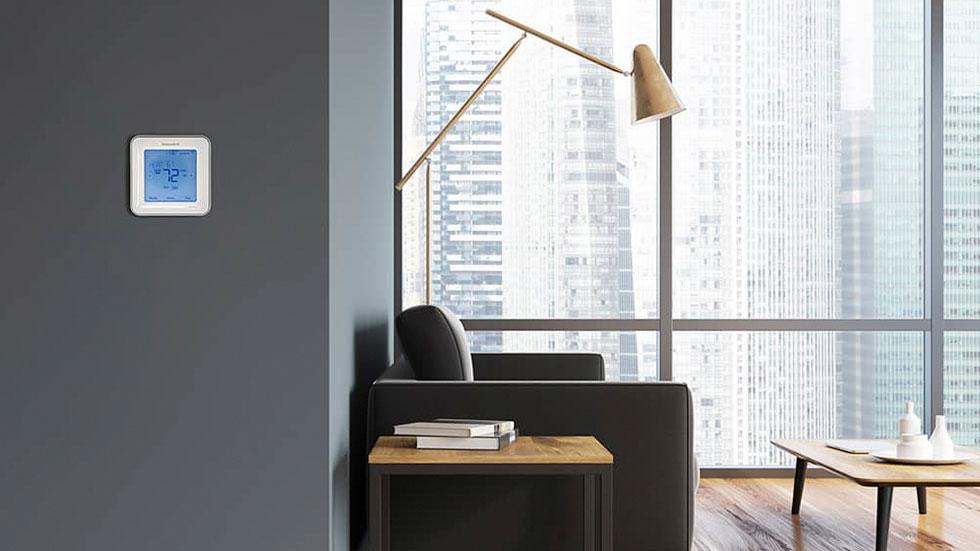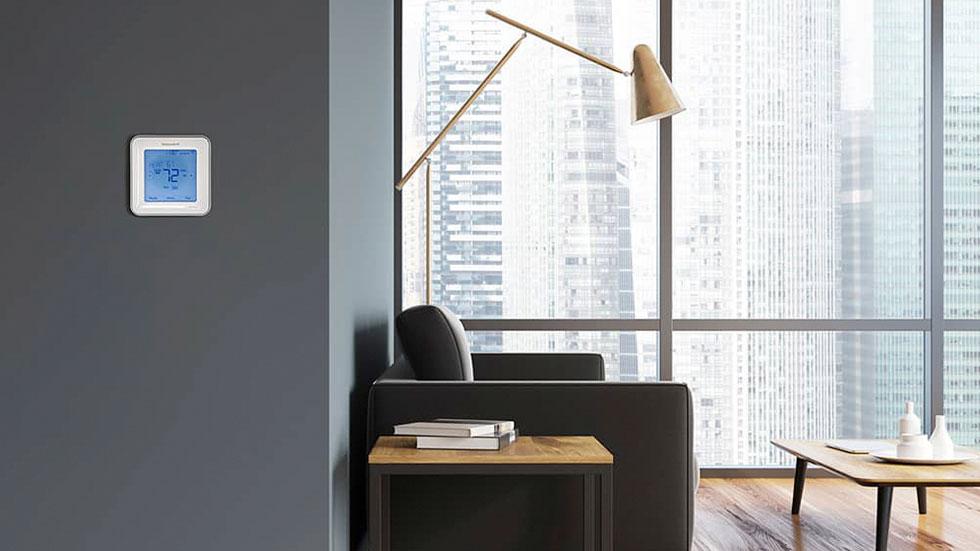
Josh Gampp, senior vice president and CTO at UDR, Inc. (NYSE: UDR), says technology plays a leading role in improving the customer experience at the apartment REIT. Having completed the initial push toward centralization of operations, the key for UDR now is how to move beyond early gains and focus on the potential to improve resident interactions and building management, he says.
Gampp spoke to REIT.com about the tech priorities for UDR, strategic partnerships, the potential of AI, recruitment, and more.
What is a key technological focus for UDR today?
If you look across the industry, there's been a lot of attention on centralization. We were early into the centralization journey; we started about five or six years ago and so we're through that initial push. We’ve rolled out SmartHome across our portfolio which has enabled self-touring and have focused a lot of effort on how we operationalize customer relationship manager (CRM) tools to support centralized organization.
We’re on the second iteration of that now, what I would consider the next generation of centralization. Much of the focus of the initial centralization phase had to do with cost savings, but it’s not enough to just go after that. It’s also about gaining efficiencies, improving systems, and looking at how to use those resources to improve the customer experience.

We're doing a lot with data and understanding what our residents are telling us. Where are people on their journey with us, are they satisfied, and can we change their trajectory to a more positive UDR experience? I think for the next couple of years our focus is going to be how do we improve the customer experience and utilize all the work we have put into centralization so far to better enable that experience.
Does the multifamily industry take inspiration from other sectors when it comes to technology?
At UDR, we look at the hospitality industry and how they care about the customer experience. We also look across retail at what companies like Amazon and others are doing. At the same time, we never want to be so far ahead technology-wise that we're having to train our customers to do something they’re not already used to doing. We just want to meet them where they're used to doing business.
How is UDR integrating AI into its daily activities?
I think it’s still early days on AI. We use more “traditional” non-generative AI. We have employed a virtual leasing assistant with chat, text, and voice capabilities to answer customer inquiries, which has essentially eliminated the entire concept of the call center. As for generative AI, at times it can be a solution looking for a problem. It’s not quite there yet. We continue to be open and to explore, but we're also taking a bit of a cautious approach and not jumping in just to jump in.
That said, we are expanding the use of AI in both our cybersecurity arena as well as in fraud prevention. The impact of the newer tools on detecting fraudulent IDs and income documents has been big for us this year as they’ve helped reduced the number of fraudulent move-ins. It’s still early days, but we believe there are benefits we can capture over multiple years from utilizing these tools.
Do you face challenges in recruiting tech talent today?

Tech recruiting is a challenge no matter what industry you’re talking about. There are always more tech jobs than there are people that can fill them. While it could be a challenge for UDR, we do offer flexibility and a focus on work-life balance. We also put a lot of effort into maintaining the workforce that we have and have been really successful with our turnover from a tech perspective. Continuity is important, and I'm really excited about that.
Also, our success at centralization has allowed us to better define certain jobs that in the past have had high turnover because the tasks were too disparate. We can now put the right people with the right skill sets, and the right tools, into those jobs.
How does UDR work with outside partners to achieve its IT goals?
When you're talking about property management or CRM, or especially customer-facing technologies, we very much look for and partner with vendors that want to be innovative, partners that want to grow with us, and not just try and sell us things. We are very much engaged with the vendors that we consider strategic partners and we're upfront with them as we go through the process, making it clear that we need to have a voice in their business because we want to help them grow in the areas where we want to grow. That's really served us well in the past and we’ll continue to take that approach.
Can you point to an example of a strategic partnership where this approach was successful?

We were very early in the smart home space and chose to work with property management platform SmartRent. They were a start-up and we decided we were going to use them for the whole portfolio.
Many times with startups, the transition from sales mode to actual operating mode is tough. That's a big hurdle. We were very, very engaged with them over a multi-year period to help point out the issues they needed to tackle. If we had taken a hands-off approach, we may not have used their product across our whole portfolio. But we partnered with them to find solutions, which also helped grow them to become the recognized leader in its space.
Looking ahead, what are you most excited about from a tech perspective at UDR and across the industry?
Despite me saying that AI is a solution looking for a problem, I am excited about its capacity to make our buildings better places to live. Our customers still call us a lot, and to us, a phone call is a failure. It means that somehow we haven’t provided the resident with the information or the help that they needed.
We're not going to stop people from being able to call us, because there are times when you need to call. However, we're looking at ways that we can use AI and other tools in the future to be able to continue to address the underlying reasons of why residents felt the need to call in the first place.


